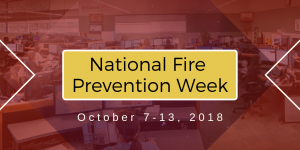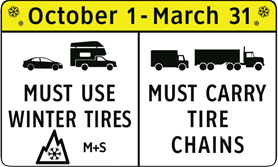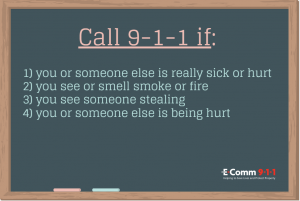
National Fire Prevention Week is from October 7-13.
When you call 9-1-1 to report a fire, remember it’s always important to provide as much information as possible to the call taker, so we can connect you to the local fire department. E-Comm also provides dispatch services for 18 fire departments.
Learn more about the dangers of fire, how to prevent it and how to keep your family safe by having – and practicing – an escape plan. Find out more about Fire Prevention Week.
Look. Listen. Learn.


E-Comm is a recognized leader in emergency communications. We are a place where you can assist the public and first responders when they are in the midst of crisis and provide them with the support they need. We provide emergency communication services in Metro Vancouver and 25 other regional districts across B.C. Our vision is to help make communities safer in B.C. through excellence in public safety communication.
Our responsibilities
- Operating the regional 9-1-1 call centre
- Providing dispatch services for various police agencies and fire departments
- Maintaining the emergency service radio system in Metro Vancouver used by police, fire and ambulance services
Check out our latest job opportunities. Our Human Resources team is ready to talk to you.
 Now that October has arrived, here’s an important reminder: winter tires or chains are required on most routes in British Columbia from October 1 to March 31.
Now that October has arrived, here’s an important reminder: winter tires or chains are required on most routes in British Columbia from October 1 to March 31.
Find out more:
Designated Winter Tires and Chain-up routes
Shift into Winter
Winter driving tips
According to Operation Lifesaver, an organization aimed at preventing collisions at railway crossings and railway trespassing incidents in Canada, more than 100 Canadians are seriously injured or killed as the result of these incidents every year. Operation Lifesafer says almost every one of these incidents is preventable. Have a look at these initiatives to help stop track tragedies as we mark Rail Safety Week, September 23-29, 2018.
 The start of the new school year is a good time for parents and teachers to review 9-1-1 calling tips for kids. We have a number of resources to help kids understand how to use 9-1-1.
The start of the new school year is a good time for parents and teachers to review 9-1-1 calling tips for kids. We have a number of resources to help kids understand how to use 9-1-1.
Here are some tips for children:
What do I need to know about 9-1-1?
• 9-1-1 is here to help you day and night.
• 9-1-1 is for when you need help from the police, the fire department or an ambulance.
• You don’t need to speak English to get help from 9-1-1.
• A 9-1-1 operator will ask where you are and what’s happening
What happens when I call 9-1-1?
1. A 9-1-1 operator will ask you questions about what’s happening and where you are.
2. Try to stay calm, speak clearly and do your best to answer the 9-1-1 operator’s questions.
3. Follow any instructions the 9-1-1 operator gives you.
4. Stay on the phone and don’t hang up until the 9-1-1 operator tells you to.





 Now that October has arrived, here’s an important reminder: winter tires or chains are required on most routes in British Columbia from October 1 to March 31.
Now that October has arrived, here’s an important reminder: winter tires or chains are required on most routes in British Columbia from October 1 to March 31. The start of the new school year is a good time for parents and teachers to review 9-1-1 calling tips for kids. We have a number of
The start of the new school year is a good time for parents and teachers to review 9-1-1 calling tips for kids. We have a number of